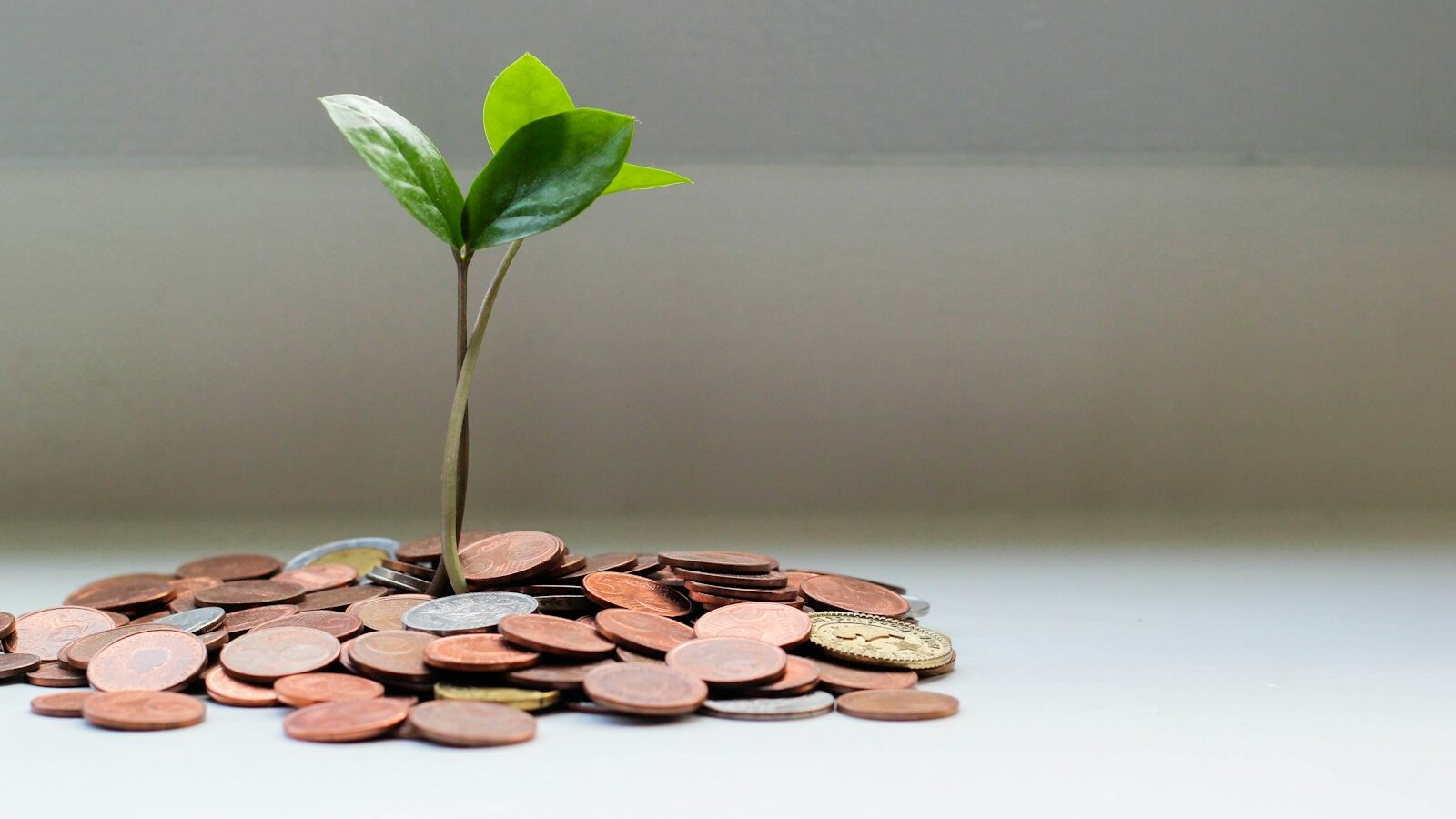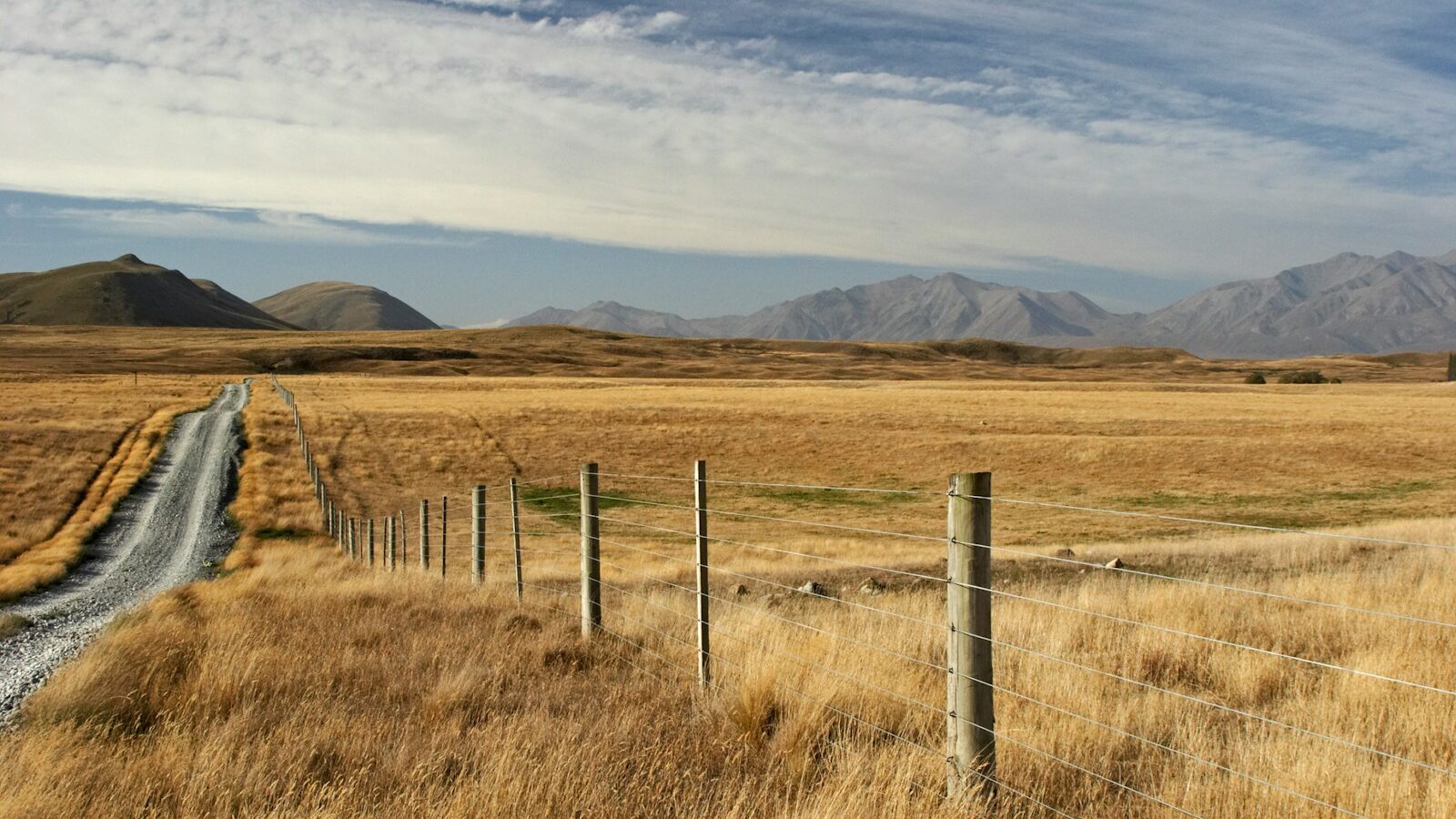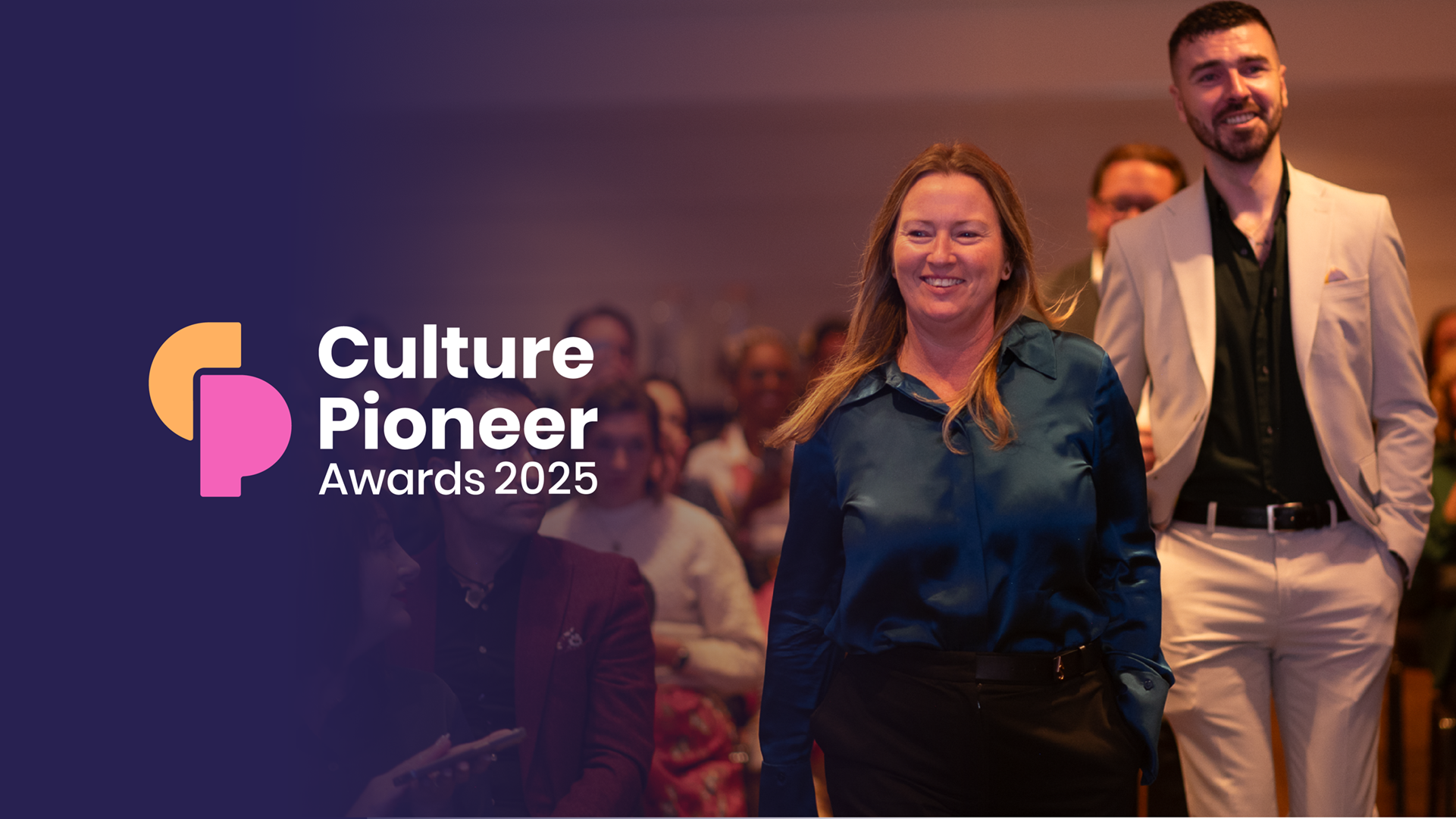Steve Jobs once said that intuition is more powerful than intellect.
As it turns out, he was onto something big. And the scientific community backs him up. It seems we’ve been giving intuition far too little respect.
“Intuition will tell the thinking mind where to look next.” – Jonas Salk
The importance of slowing down
Before you can pay attention to your intuition, you first have to learn to hear it amid the cacophony of your busy life. For starters, slow down to make room for listening to yourself. Taking some time away from the everyday, even something as brief as going for a walk, is a great way to turn down the sounds of everyday life and to turn up the volume of your intuition.
It may sound reasonable, but what does it really mean to “slow down?” How can it best be incorporated into corporate life? Could a slowdown actually be supported by management and HR?!
While interviewing potential candidates or while integrating a new member into a team, what are the best indicators for successful placement?
Is it performance?
Is it past experience?
Or is it a mix, while giving credit to your intuition and inner voice?
Can we, as either working professionals, managers, or HR leaders, afford to take the time to listen to our inner voice?
The research concludes we must. According to pioneering early psychologist Lev Vygotsky, our capacity for inner speech begins around the age of three, as we learn to integrate the separate systems for thought and language. It evolves by age, through development.
Can we, as either working professionals, managers, or HR leaders, afford to take the time to listen to our inner voice?
According to development psychologist Charles Fernyhough, inner speech is most likely condensed by default, and we only switch to expanded inner speech when we are stressed or otherwise preoccupied with a problem. For this reason, inner speech plays an important role in self-awareness and self-understanding.
Frederic Laloux also covers this phenomena, and our need to connect with our inner voice, in his recent book, Reinventing Organizations, by stating many people sense that how we currently run organizations has been stretched to its limits. We are increasingly “disillusioned” by organizational life.
For people who toil away at the bottom of the pyramid, surveys consistently report that work is more often than not dread and drudgery, not passion or purpose. And it is not much different at the top. We all yearn for fulfillment and joy.
Listening to self
One of the primary reasons some people are more intuitive than others is that they actually listen to their gut feeling instead of dismissing or doubting it. And that doesn’t mean they ignore their analytical mind or their critical thinking skills; there’s a difference between using reason as a system of checks and balances and using it to talk yourself out of what your intuition knows to be true.
To listen to self, we need to connect with our inner values and make it a conscious effort to hear out what our hearts tell us. It is a balancing act between the analytical and non-analytical side of us.
Being present (practicing mindfulness)
Most of us are used to focusing only on what to do next. Not an easy thing to overcome, I must say – like business, life tells us only what to do next. We are mostly driven by performance. We identify goals and strategies, and zero in on what we next need to achieve. On top of this business rhythm in which we are expected to operate, we are being measured by the performance of agreed objectives.
So what does it mean to have ‘presence’?
It is almost like exploring underneath your layers of strength
It literally means to Be Here Now – to be in your body at this very moment, in tune with current emotions and thoughts, and not “hovering” about a meter in back or in front of yourself.
Any meditation you consider exploring will include the notion of being here and now. Matthieu Ricard, a former scientist who became a Buddhist monk (now living in Tibet), explained in a 2014 Google Tech Talk the power of meditation and what it does to your brain. Be Here Now.
It is almost like exploring underneath your layers of strength – connecting with your true human nature and self percolating beneath a decorative costume.
Practicing curiosity and adventure
Imagine what would be possible if curiosity and adventure could replace fear?
Instead of feeling not understood, hurt, or possibly unfairly treated by another person, we could instead be curious about how they are experiencing life. Try to consider where they're coming from, to build a bridge of empathy, curiosity, and understanding.
When faced with what we think is a difficult situation or conversation, we can try to ask ourselves:
- What is it that they may be experiencing, and am I not seeing it?
- What is it that I unconsciously trigger in them?
- How can I help this person better cope with their unconscious motives?
Instead of backing away, we could try to become more curious – take an adventurous step into the land of not knowing while keeping an open mind.
What a change of perspective it provides…
Showing Vulnerability
Vulnerability is about unzipping our suit, pulling off the mask, and revealing our true selves. It is in this place that our heart becomes visible to others, allowing a connective tissue to form between our long lost selves and with others.
Who are you under the suit?
Reconnecting with our hearts, being ourselves at all times and living in the moment triggers bravery and vulnerability. It requires us to show willingness to accept it all, moment to moment – the good times, the painful times, the perfections, the fuck-ups (NOTE: Sure you want to say that? I have no problem with it. Just checking.), the triumphs, and the spectacular failures, just the way they are.
It's also about knowing we’re all in this together.
Now, we need to remember all of the above doesn't just happen, even with our best effort. Effort is a good start, but alone it will not do the job.
As a team, we have been taking a conscious step forward to actually learning and experiencing what it means – listening to our inner voice, being vulnerable, unzipping our suits. Sometimes, we find it to be a scary and uncomfortable place to be.
Personally, I am finding meditation helps me a great deal to learn to be in the here and now. As I perfect the art, I discover it helps me connect with others, to meet and see people in a different way. It’s almost like seeing people with my own heart. There is a workshop I participate in called “Awakening of Love.” These three days always give me a sense of who I am underneath my suit on this journey called life. (Learn more at pathoflove.net)
There are many companies, like Danone or Google, offering workshops and providing free space for the work of serendipity, or “casual collisions,” not subject to any constraints or benefit. They simply happen, in order to enhance and increase intuition. What a great initiative…
Whether you are on this journey alone or supported by your organization and/or colleagues (like us)…whatever your situation, we can say with confidence that sharing your fears, pulling off your mask, and exposing yourself takes courage. And yet all of the above can add up to one of your most revealing experiences.
We wish everyone a wonderful coming new year and increased ability to leverage intuition.
Steve Jobs once said that intuition is more powerful than intellect.
As it turns out, he was onto something big. And the scientific community backs him up. It seems we’ve been giving intuition far too little respect.
“Intuition will tell the thinking mind where to look next.” – Jonas Salk
The importance of slowing down
Before you can pay attention to your intuition, you first have to learn to hear it amid the cacophony of your busy life. For starters, slow down to make room for listening to yourself. Taking some time away from the everyday, even something as brief as going for a walk, is a great way to turn down the sounds of everyday life and to turn up the volume of your intuition.
It may sound reasonable, but what does it really mean to “slow down?” How can it best be incorporated into corporate life? Could a slowdown actually be supported by management and HR?!
While interviewing potential candidates or while integrating a new member into a team, what are the best indicators for successful placement?
Is it performance?
Is it past experience?
Or is it a mix, while giving credit to your intuition and inner voice?
Can we, as either working professionals, managers, or HR leaders, afford to take the time to listen to our inner voice?
The research concludes we must. According to pioneering early psychologist Lev Vygotsky, our capacity for inner speech begins around the age of three, as we learn to integrate the separate systems for thought and language. It evolves by age, through development.
Can we, as either working professionals, managers, or HR leaders, afford to take the time to listen to our inner voice?
According to development psychologist Charles Fernyhough, inner speech is most likely condensed by default, and we only switch to expanded inner speech when we are stressed or otherwise preoccupied with a problem. For this reason, inner speech plays an important role in self-awareness and self-understanding.
Frederic Laloux also covers this phenomena, and our need to connect with our inner voice, in his recent book, Reinventing Organizations, by stating many people sense that how we currently run organizations has been stretched to its limits. We are increasingly “disillusioned” by organizational life.
For people who toil away at the bottom of the pyramid, surveys consistently report that work is more often than not dread and drudgery, not passion or purpose. And it is not much different at the top. We all yearn for fulfillment and joy.
Listening to self
One of the primary reasons some people are more intuitive than others is that they actually listen to their gut feeling instead of dismissing or doubting it. And that doesn’t mean they ignore their analytical mind or their critical thinking skills; there’s a difference between using reason as a system of checks and balances and using it to talk yourself out of what your intuition knows to be true.
To listen to self, we need to connect with our inner values and make it a conscious effort to hear out what our hearts tell us. It is a balancing act between the analytical and non-analytical side of us.
Being present (practicing mindfulness)
Most of us are used to focusing only on what to do next. Not an easy thing to overcome, I must say – like business, life tells us only what to do next. We are mostly driven by performance. We identify goals and strategies, and zero in on what we next need to achieve. On top of this business rhythm in which we are expected to operate, we are being measured by the performance of agreed objectives.
So what does it mean to have ‘presence’?
It is almost like exploring underneath your layers of strength
It literally means to Be Here Now – to be in your body at this very moment, in tune with current emotions and thoughts, and not “hovering” about a meter in back or in front of yourself.
Any meditation you consider exploring will include the notion of being here and now. Matthieu Ricard, a former scientist who became a Buddhist monk (now living in Tibet), explained in a 2014 Google Tech Talk the power of meditation and what it does to your brain. Be Here Now.
It is almost like exploring underneath your layers of strength – connecting with your true human nature and self percolating beneath a decorative costume.
Practicing curiosity and adventure
Imagine what would be possible if curiosity and adventure could replace fear?
Instead of feeling not understood, hurt, or possibly unfairly treated by another person, we could instead be curious about how they are experiencing life. Try to consider where they're coming from, to build a bridge of empathy, curiosity, and understanding.
When faced with what we think is a difficult situation or conversation, we can try to ask ourselves:
- What is it that they may be experiencing, and am I not seeing it?
- What is it that I unconsciously trigger in them?
- How can I help this person better cope with their unconscious motives?
Instead of backing away, we could try to become more curious – take an adventurous step into the land of not knowing while keeping an open mind.
What a change of perspective it provides…
Showing Vulnerability
Vulnerability is about unzipping our suit, pulling off the mask, and revealing our true selves. It is in this place that our heart becomes visible to others, allowing a connective tissue to form between our long lost selves and with others.
Who are you under the suit?
Reconnecting with our hearts, being ourselves at all times and living in the moment triggers bravery and vulnerability. It requires us to show willingness to accept it all, moment to moment – the good times, the painful times, the perfections, the fuck-ups (NOTE: Sure you want to say that? I have no problem with it. Just checking.), the triumphs, and the spectacular failures, just the way they are.
It's also about knowing we’re all in this together.
Now, we need to remember all of the above doesn't just happen, even with our best effort. Effort is a good start, but alone it will not do the job.
As a team, we have been taking a conscious step forward to actually learning and experiencing what it means – listening to our inner voice, being vulnerable, unzipping our suits. Sometimes, we find it to be a scary and uncomfortable place to be.
Personally, I am finding meditation helps me a great deal to learn to be in the here and now. As I perfect the art, I discover it helps me connect with others, to meet and see people in a different way. It’s almost like seeing people with my own heart. There is a workshop I participate in called “Awakening of Love.” These three days always give me a sense of who I am underneath my suit on this journey called life. (Learn more at pathoflove.net)
There are many companies, like Danone or Google, offering workshops and providing free space for the work of serendipity, or “casual collisions,” not subject to any constraints or benefit. They simply happen, in order to enhance and increase intuition. What a great initiative…
Whether you are on this journey alone or supported by your organization and/or colleagues (like us)…whatever your situation, we can say with confidence that sharing your fears, pulling off your mask, and exposing yourself takes courage. And yet all of the above can add up to one of your most revealing experiences.
We wish everyone a wonderful coming new year and increased ability to leverage intuition.









One Response
I wonder to what extent it is
I wonder to what extent it is possible to be whole and authentic when you are embedded in a modern mechanistic organisation. Does the drive for results really allow authenticity to shine or is it more often anti-pathetic to human wellbeing?
It seems to me very likely that most people have to choose between growing as a person on the one hand and being successful in organisational terms on the other. Very few people manage to integrate the two. Most people are consumed and are only ever parts in the machine.
That contrasts with Laloux, who describes a different way of organising – “self-organisation” is more organic and allows for, or even requires, the growth and inner wellbeing of individuals. In such an organisation, authenticity, presence, intuition and mindfulness are more likely to bear fruit. In which case don’t we need to think about how to organise on organic lines?
In my own work I find many people caught in the conflict between mechanism and organism. Often there is a long road of recovery before the real person is able to emerge into the light – and that may mean looking for more wholesome work than the toxic mix usually on offer.
It is certainly not all doom and gloom. Like Sesil Pir, I have seen amazing changes wrought when people come into relationship to realise a shared vision – when they re-contact their inner self. It can and does come about. How can we ensure that what is vital and alive becomes more the norm?